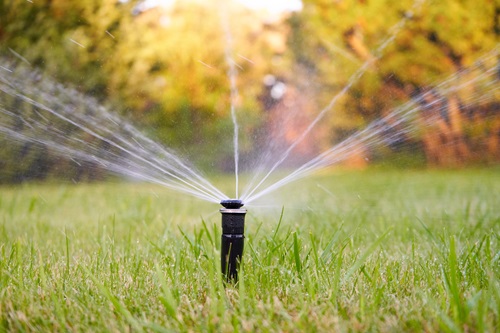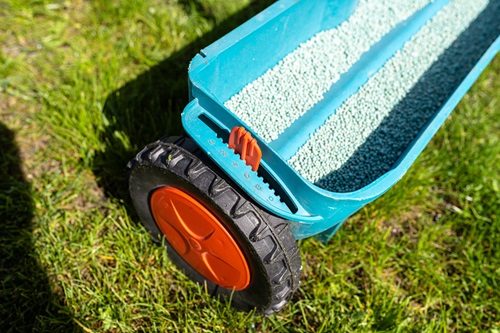
Summer can be particularly challenging for maintaining a lush, green lawn. And with high temperatures, intense sunlight, and sporadic rainfall, your grass can stress and leave it looking less than its best. So, to help you navigate these hot months, here are some unique and effective landscaping strategies to keep your lawn healthy and vibrant.
Landscaping and Lawn Care Tips
Watering Wisely
Efficient watering is vital during the summer months. And watering your lawn early in the morning is better because the temperatures are cooler, and evaporation is minimal. This practice in lawn care in Conway SC ensures that the water reaches deep into the soil, promoting strong root growth.
Moreover, deep, infrequent watering is preferable as it encourages roots to grow deeper, making your lawn more resilient during drought conditions. On the other hand, overwatering can lead to issues such as fungal growth and root rot, so it’s important to strike the right balance.
Mulching Grass Clippings
Consider mulching grass clippings instead of bagging them. As they quickly decompose, they return valuable nutrients to the soil. Furthermore, this natural recycling process helps retain soil moisture and shields the grass roots from the harsh sun. To prevent clippings from forming a dense mat on the lawn surface, ensure they are evenly distributed. Additionally, if necessary, make an extra pass with your mower to further break down and spread the clippings.
During the hot summer months, it’s wise to raise the cutting height of your mower. And taller grass provides more shade for the soil, which helps retain moisture and encourages deeper root growth. Setting your mower to a height of around 3-3.5 inches will help your lawn withstand the stress of high temperatures better than shorter grass, which can dry out and turn brown more quickly.
Minimizing Mowing and Foot Traffic
During periods of extreme heat, try to minimize mowing and limit foot traffic on your lawn. Mowing, particularly during the hottest parts of the day, can stress your grass and lead to damage. So, if you must mow, do so in the early morning or late evening when temperatures are cooler. Moreover, reducing foot traffic will also help prevent compacting the soil and damaging the grass, which is especially vulnerable during heatwaves.
Aerating the Lawn
Aeration is a beneficial practice that involves perforating the soil with small holes to allow air, water, and nutrients to penetrate the grass roots. Additionally, this process helps the roots grow deeply and produces a stronger, more vigorous lawn. Aerating your lawn annually, preferably in the cooler months, can greatly improve its resilience during summer. Furthermore, pairing aeration with overseeding can also help thicken your lawn and provide additional shade to the soil.
Smart Fertilization Practices
Fertilizing your lawn during summer requires a careful approach. And quick-release fertilizers can cause rapid growth, increasing your lawn’s water needs at a time when water may be scarce. So, opt for slow-release or organic fertilizers that provide a steady supply of nutrients without overwhelming the grass. This helps maintain healthy growth without exacerbating heat stress.
Caring for your lawn during the summer requires a thoughtful approach to watering, mowing, and maintenance practices. So, by adopting these strategies and hiring experts from Conner’s Lawn Care Service, you can ensure your lawn stays green, healthy, and beautiful even in the face of scorching summer temperatures.
Ready to keep your lawn looking its best? Start implementing these landscaping tips today and enjoy a lush, green lawn all season long! Call Conner’s Lawn Care Service now.
Conner’s Lawn Care Service
Myrtle Beach, SC
843-504-4901
http://connerslawncare.com/


No comments:
Post a Comment